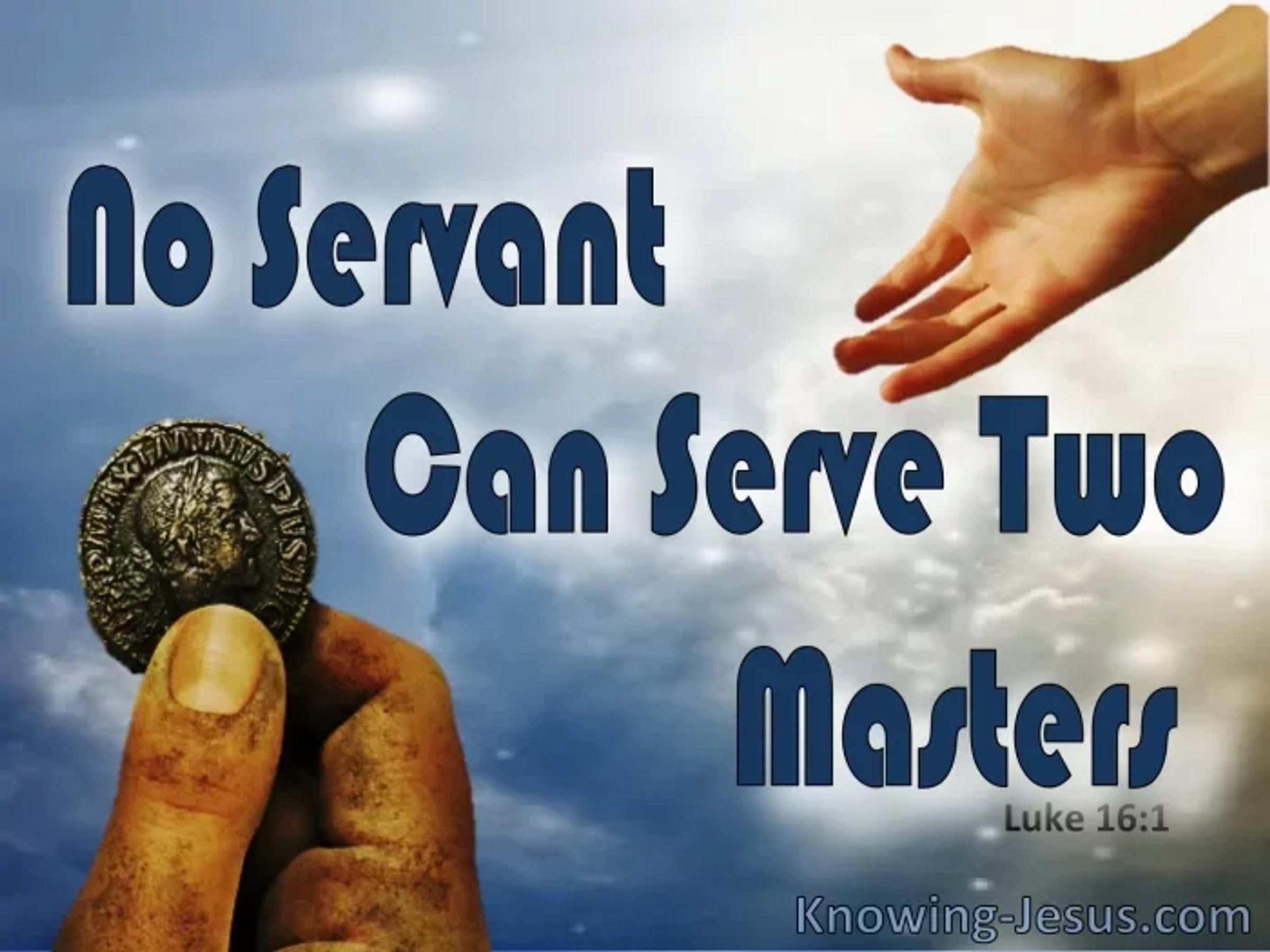Religious Education
All students attending St Louis de Montfort's Aspendale have the right to feel safe. The care, safety and wellbeing of children and young people is a fundamental responsibility of all within our school.

Religious Education
All students attending St Louis de Montfort's Aspendale have the right to feel safe. The care, safety and wellbeing of children and young people is a fundamental responsibility of all within our school.
In researching this week's gospel I came across a reflection written by Greg Sunter that I could really resonate with. He writes that this week’s gospel passage reminds us that we cannot be a follower of God and chase after riches at the same time. In the parable of the steward and his master, the actions of the steward, upon learning that he is to be dismissed, seems to us to be evidence of his dubious dealings and yet the master praises his astuteness. When a steward entered into loans and deals on behalf of his master, he would build into the repayment a profit for himself. This was quite normal and acceptable. So the amount that the steward asks the debtors to reduce their debts to the master is actually the cut that he had built into the deal for himself. His actions are, surprisingly, quite noble and legitimate. What he is doing is ensuring that his master receives all that is owed to him whilst the steward is making himself more popular with the debtors because they don’t have to pay back as much. It would be like a modern day salesman saying that he would forego his commission on the sale so that the purchaser didn’t have to pay as much.


Through this parable Jesus makes the point that when the crunch comes – when the kingdom of God is imminent – monetary wealth is going to be meaningless. It is best to cut your losses and turn your energy to building relationships rather than riches.
Money is even described as “that tainted thing” which is the lowest measure of trustworthiness. However, it is not money as such that is the concern, but rather it is the love of money and inappropriate use of money. In the Jewish tradition, the measure of society was based on how the lowest and the least were treated and looked after. When our focus is on acquiring money and possessions, it is impossible to be using our money for the good of others.
Jesus tells his audience to use money to win friends so that when your money fails you your friends will welcome you. This sounds a bit like buying friendship. But what Jesus is really saying is to share your riches with those in need and not be boastful and greedy of your wealth. He is calling his audience back to the commands of God to take care of the needy and to make sure that no one is left without enough to live. So the friendship Jesus is encouraging the people to make through their money is a friendship with the poor and the needy.